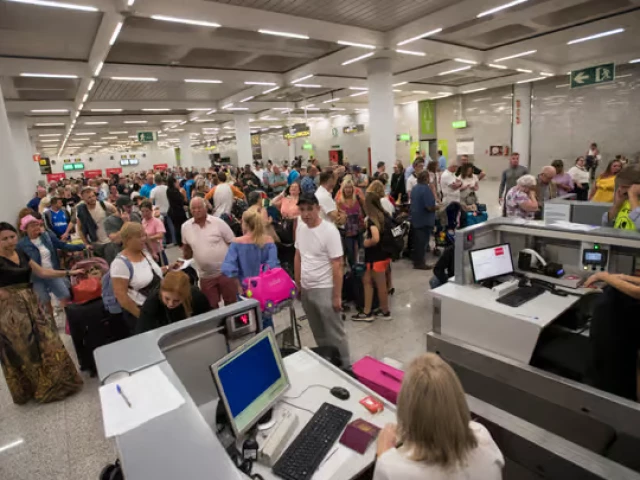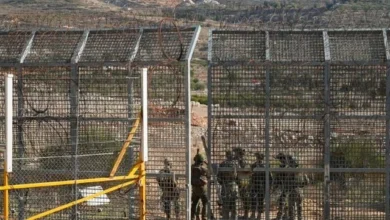Hundreds of British travellers, including families returning from half-term breaks, have been left stranded at Palma de Mallorca Airport following widespread flight cancellations and delays attributed to air traffic control (ATC) restrictions triggered by severe weather across northern Europe.
Airlines including easyJet were forced to cancel or delay dozens of flights over the weekend, leaving terminals packed and passengers frustrated. The disruption, described by carriers as “beyond our control,” was caused by thunderstorms sweeping across parts of the continent.
Among those affected was Beth Rafferty, 31, from Hastings, East Sussex, who had been due to return to London Gatwick with her partner and two children on Sunday evening. Just before boarding their 7pm easyJet flight, the family received an email stating the flight had been cancelled due to ATC issues.
“We were left in limbo,” Beth told reporters, explaining how they had to pay £300 for a last-minute hotel stay and eventually forked out £1,500 on alternative flights with Jet2 to Bournemouth to avoid school absences for their children.
According to passengers and local reports, fewer than a dozen flights were fully cancelled, but more than 120 experienced significant delays, causing widespread disruption.
In a statement, easyJet confirmed that “widespread thunderstorms across Northern Europe” were to blame for the disruptions. “We did all we could to minimise the impact of the weather disruption on our customers,” the airline said, adding that affected passengers were offered rebooking options, refunds, and hotel accommodation where needed.
“The safety and wellbeing of our customers and crew is easyJet’s highest priority,” the statement continued. “While this was outside of our control, we are sorry for the inconvenience caused.”
The latest chaos comes shortly after Ryanair CEO Michael O’Leary criticised the current state of European air traffic control, describing it as “shoddy” and warning that summer 2025 could see record-breaking delays if systemic issues aren’t addressed.
As holidaymakers grapple with the immediate aftermath, the incident highlights the growing strain on European air travel infrastructure, particularly as peak summer demand approaches.







